Criminal Law
Views From The Bench On Sentencing Representation: Part 3
This article is republished with permission from Law360

By Alan Ellis
As this “Views From The Bench On Sentencing Representation” series of articles continues to develop, I have had the privilege of interviewing 12 federal judges to date. Each of the judges, of course, has his or her own style and philosophy. However, through conversations with each of them, I have recognized the value of sharing the thoughts of the judges on specific topics. For this article, I asked a dozen judges for their advice to lawyers who are representing a client in a particularly challenging case. I have joked that when the law is against you, argue the facts; when the facts are against you, argue the law; and, when both are against you at sentencing, take the probation officer out to lunch.

But seriously, what do you do when you have a client who has committed a reprehensible offense with a record as long as your arm? I asked a number of federal judges for their answers to this question.
First of all, many judges feel that mental illness is rampant among criminal defendants. Universally, they welcome psychiatric and psychological reports, but caution that they are only going to give these reports weight if they are credible. Judge John R. Adams of the Northern District of Ohio in Akron, who has a reputation for being a tough sentencer, says, “What I find particularly useful is if the parties agree that an independent expert should be appointed.” He noted that his preference is that the expert be a psychiatrist, neurologist or other mental health professional with an M.D. degree. He notes, “A solid report with live testimony can be very, very helpful.”
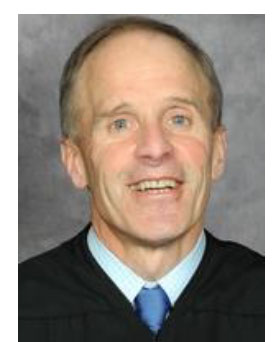
Judge James S. Gwin, also of the Northern District of Ohio in Cleveland, advises that, “If you have a case where the defendant has committed a particularly egregious crime, emphasize something in his background that demonstrates possible mental health issues.
Oftentimes, psychiatric troubles in the defendant’s past can be insightful. They can make a defendant less blameworthy.” However, Judge Gwin noted that psychiatric and psychological reports secured only for sentencing do not carry as much weight with him.
Judge Gwin recommends using any evidence of pre-indictment admission of guilt, especially admission of guilt made to the victim. “A defendant who has apologized to his victim before arrest makes a good impression on me, and if the victim himself asks me not to send a defendant to prison, I will take that very seriously because I believe a lower sentence in such a case would be ‘just punishment.’”
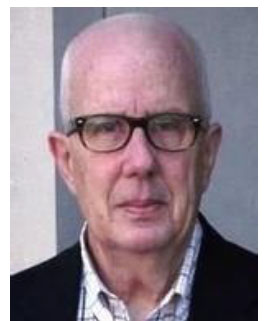
Although most federal authority says disparity analysis should be compared with other federal sentences, Judge Gwin says he also would be interested in knowing what a state sentence would be in a similar case for a similar defendant with a similar background.
Judge Richard G. Kopf of the District of Nebraska in Lincoln is interested in a defendant who has the capability of introspection and who has come to grips with the impact of his offense on others–not just the victims but also those who are close to him. “I particularly value a defendant who truly understands the harm that he has done to these folks. One of the best allocutions I’ve ever heard was ‘Judge, I want to atone for what I did to the victims and my family. I deserve some prison time. I’ve hurt the victims, I’ve hurt my family and I’ve hurt myself. When I get out, I’m ready to take the following steps.’” Judge Kopf told me that he believed the defendant and his statement had a big impact on the sentence. As for the lawyer, Judge Kopf emphatically states, “I trust the defense lawyer will tell me the ‘raw truth’ about his client. I like lawyers to take an ethical approach at sentencing.”
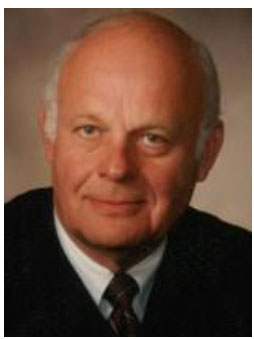
Judge Justin Quackenbush of the Eastern District of Washington in Spokane says that if a defendant has a substance and/or a mental health problem, he looks favorably on defendants who seek rehabilitation and treatment prior to sentencing. Better yet, prior to being caught. Serious medical issues also are of importance to Judge Quackenbush. He notes that general deterrence is not a major factor, but says that positive family connections are an important consideration. “A supportive family plays an important role in the sentencing decision,” he says. Asked whether he might recommend bringing a supportive spouse to the Presentence Investigation Interview, Judge Quackenbush thinks that would be a good idea. However, he stressed that he is uncomfortable with a defendant’s young children being brought to sentencing.
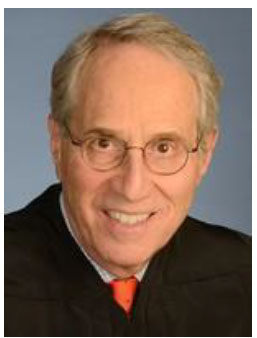
Judge Paul L. Friedman of the U.S. District Court for the District of Columbia told me that his policy prior to sentencing is to meet one-on-one with the probation officer. “I view the probation officer as a key advisor,” he says. He says that prosecutors or their investigators usually talk to probation so he highly recommends that a defense lawyer be an advocate for his client with probation and do whatever he or she can to persuade the probation officer to look favorably at the defendant in this pre-sentencing meeting.
“I also particularly like when an employer says that knowing everything he knows about the defendant and what he has done he would welcome him back as an employee when he gets released from custody,” added Judge Friedman.
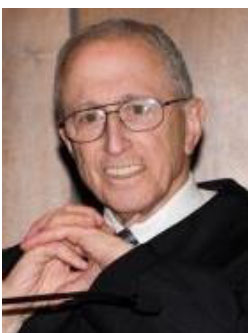
Judge Walter Rice of the Southern District of Ohio in Dayton also is very interested in psychiatric and psychological evaluations. “If the offense is a particularly heinous one, I want to know whether mental illness was a contributing factor, and, if so, whether the defendant is amenable to treatment, as well as the prognosis upon the completion of a treatment program.” Judge Rice is equally impressed with a defendant who has, on his own, sought treatment for a drug problem, particularly when he has done this prior to being caught.
A key factor during sentencing is demonstrating whether the defendant has “internalized” what he has done, why he did it, what he has learned from it and why he is not going to do it again. Judge Rice often will engage a defendant in conversation through allocution in order to learn more about him. “I will ask a defendant what he is going to do upon release from prison so that I can determine whether I believe he is not going to re-offend.”

Judge Amy J. St. Eve of the Northern District of Illinois in Chicago says that in very challenging cases, the best thing a lawyer can do is to help her understand who the client is, why he did what he did, and what can be done to ensure that he will not do it again. She says she is very interested in mental health reports and wants to see them well in advance of sentencing. “I like to question these experts. The more information I have, the more informed decision I can make.” Judge St. Eve finds it more helpful if the expert is someone who has treated the defendant for a significant period of time rather than someone who has just met the defendant at the jail and interviewed him or her for two hours. She puts more stock in these experts rather than a professional forensic expert. During my interview, Judge St. Eve reiterated the point that “the best thing a lawyer can do for me is to give me a complete picture of who the client is.” Recidivism also is important to her. She wants to hear from a defendant what he intends to do to ensure that he won’t reoffend. “Does he have family support? Is there a job waiting for him? What is his criminal history? What are his plans upon release?” are the types of questions she says she might ask.
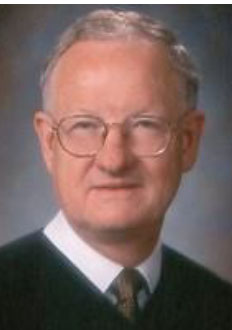
Judge Neal Wake of the District of Arizona in Phoenix repeated that what is important is that the defendant has internalized his crime and takes ownership of his mistake. “The payment of restitution is a good example of internalizing and owning the offense. Even as little as $25 a month demonstrates to me that the defendant is committed to rehabilitation.” Family needs can be important to Judge Wake. “If a defendant is going to be taken from his home, that carries little weight with me because that’s part of the punishment. However, if there is a special needs child who needs the defendant at home, that could carry weight with me.”
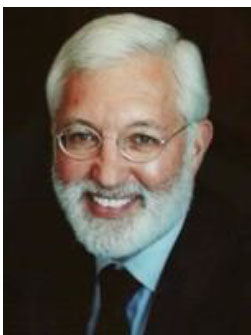
Community service and good deeds done prior to the defendant’s crime being discovered is a significant indication of a defendant’s core values, says Judge Wake. “I try to look into a defendant’s heart to see whether in fact he has realized his offense, owns his mistake and has taken steps toward rehabilitation. These also can have a big impact on me.” Judge Wake has seen sentencing videos and welcomes them, particularly if they provide “new and useful” information.
The majority of the judges interviewed feel that character letters can be meaningful. They all point out that it is important for the lawyers to review the letters before they are submitted to make sure they are not repetitive or simply state what a good guy the defendant is. Instead, they all want letters that give specific examples of good deeds and any special needs of the defendant and his family.
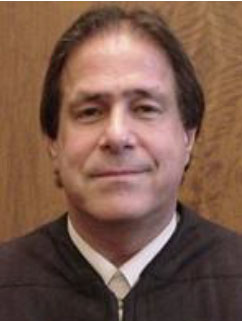
Asked what a lawyer can do when he or she has a client who has been convicted of an exceptionally heinous offense, Judge Jed Rakoff of the Southern District of New York in Manhattan contends that “there generally is something good to be said about everyone. I don’t know a single judge who doesn’t recognize that he has a human being in front of him being sentenced.”
Judge Mark Bennett of the Northern District of Iowa in Sioux City is known as a relatively liberal sentencer. Asked about difficult cases, Judge Bennett says that he finds egregious those white-collar cases that have innocent victims and a defendant who has acted out of greed. “I am not going to be very sympathetic unless there is a strong mitigation factor like addiction, mental illness or good deeds in the client’s past,” he says. “I find it very helpful if the defendant has done good deeds, especially if a character letter describes a defendant’s good deeds.”
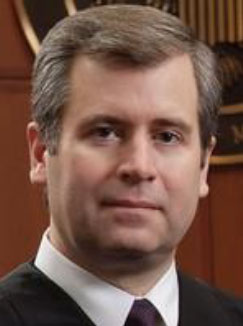
When asked his opinion about the best thing a lawyer can do when representing a defendant who has committed a particularly reprehensible crime, Judge Patrick Schiltz of the District of Minnesota in Minneapolis also shared that among his hardest cases are those involving white collar “con men who prey on vulnerable victims.” He commented, “You need to show me your client is not a con artist at heart, that he is not a psychopath or a sociopath. If there is a mental illness that contributed to the commission of the crime, let me know about it.”
Judge Robert Scola of the Southern District of Florida in Miami suggests that, in all cases, we lawyers take a page out of the book from our death penalty defender colleagues. He advises, “Don’t wait to think about sentencing advocacy.” In order words, since 99% of one’s federal criminal clients will be facing sentencing, start preparing the case for sentencing early on.
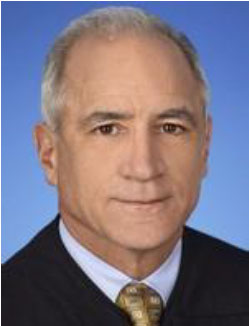
Conclusion
I’ve been asked how soon lawyers should prepare for sentencing in a case. The answer is: as soon as the check clears. Judges, universally, want to know why our client did what he did, and why he won’t do it again. One judge recommended that an independent psychiatrist agreed upon by the parties would be the most credible expert. Along these lines, I often ask the prosecutor in the case who he likes to use. I find their experts only too happy to work for the defense occasionally and, of course, their opinions are virtually unassailable.
—By Alan Ellis, The Law Offices of Alan Ellis
Alan Ellis, a past president of the National Association of Criminal Defense Lawyers, is a criminal defense lawyer with offices in San Francisco and New York. He practices in the areas of federal sentencing and prison matters, and was awarded a Fulbright Senior Specialist Award by the U.S. State Department to conduct lectures in China on American criminal law in the fall of 2007.
The opinions expressed are those of the author(s) and do not necessarily reflect the views of the firm, its clients, or Portfolio Media Inc., or any of its or their respective affiliates. This article is for general information purposes and is not intended to be and should not be taken as legal advice.
